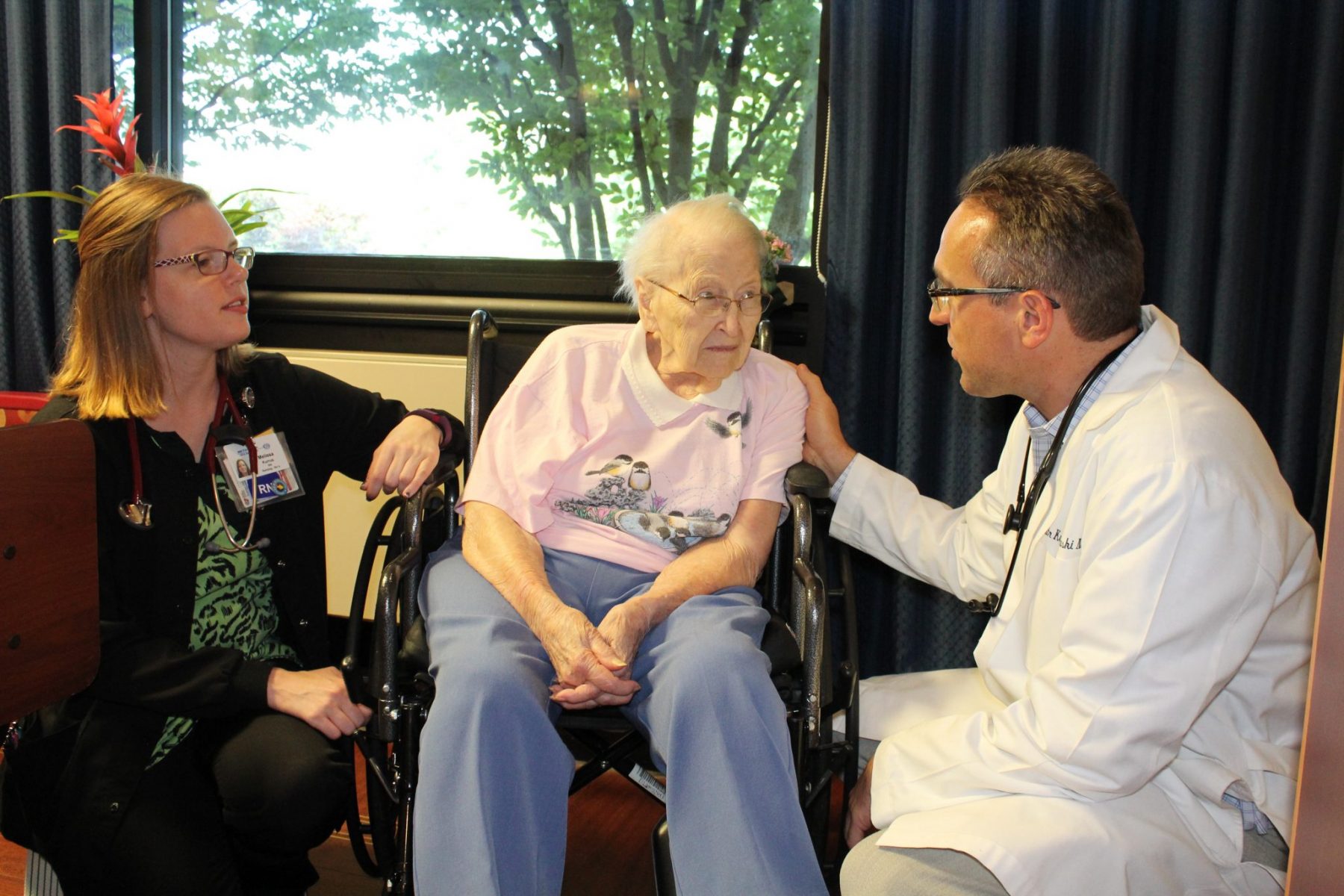 This article was shared by Dr. Piotr Kulikowski, a member of our parish. We are publishing it here as part of our Faith in Action education series on mental health.
This article was shared by Dr. Piotr Kulikowski, a member of our parish. We are publishing it here as part of our Faith in Action education series on mental health.
For centuries, society has feared mental illness with it the unpredictable behavior, active imagination, possibility of severe decline and even death. As a result, many people distance themselves from people perceived or known to have mental health diagnoses. Some of this can be remedied if we develop a better understanding of its symptoms and work to try and put ourselves in their place.
Mental disease affects the most vital part of our body—our brain—and with it, the ability to control emotions and thought processes. I explain this to my patients and their families in terms of a computer whose processer became impaired. All the sudden, they lose functions like internet or email access, video streaming, social media, gaming and data processing. Some of my patients cannot function without their technology, so this becomes a major crisis!
As we all age, our bodies become more susceptible to disease and imperfection. Like with all illnesses, some come on acutely with little to no warning, while others start gradually and become more chronic. The same is true of mental illness, where the brain’s chemical and neurological imbalances can affect emotions, feelings of sadness and happiness, loneliness and feelings of loss, imperfection, compulsion and feelings of being unworthy or inferior.
These poor souls with have to live in the body and in the world with such defect. In reality, our society has more sympathy to any other cancer in the body than major depression. Like most health conditions, mental diseases affect not only the sick person but all families and support systems, including children and grandchildren. Its impact can be felt for many generations, even if the condition is not genetic.
Some families ultimately have to deal with the after effects of suicide. Some people with mental health see the taking of one’s life as the only way to eliminate their pain and fear.
What people with mental disease need most is patience, sympathy and abundant, unconditional love. How difficult is it to show love to people with mental disease? It is easy to face diseases that we understand—even rare diseases—but we need to get more courage to help people suffering with mental disease. They are living in our community—they too are the Body of Christ—and they need our help and support.
Doctors, psychologists, nurses, and social workers, with behavioral therapy and medication management, can make changes and provide great support. There are new, more successful treatments with less side effects than ever before. We must encourage people with mental disease to take them on a regular basis and at the same time provide spiritual support to help in the healing process.
[box icon=”none”]Piotr Kulikowski, M.D. is an internal medicine physician who treats adults with physical and mental health ailments in his office at Clayton Medical Center, as well as at SSM. St. Mary’s Health Center and three nursing homes. Dr. Kulikowski also serves as the medical director for Bethesda Dilworth Nursing Home on Big Bend between Sappington and Berry. [/box]

